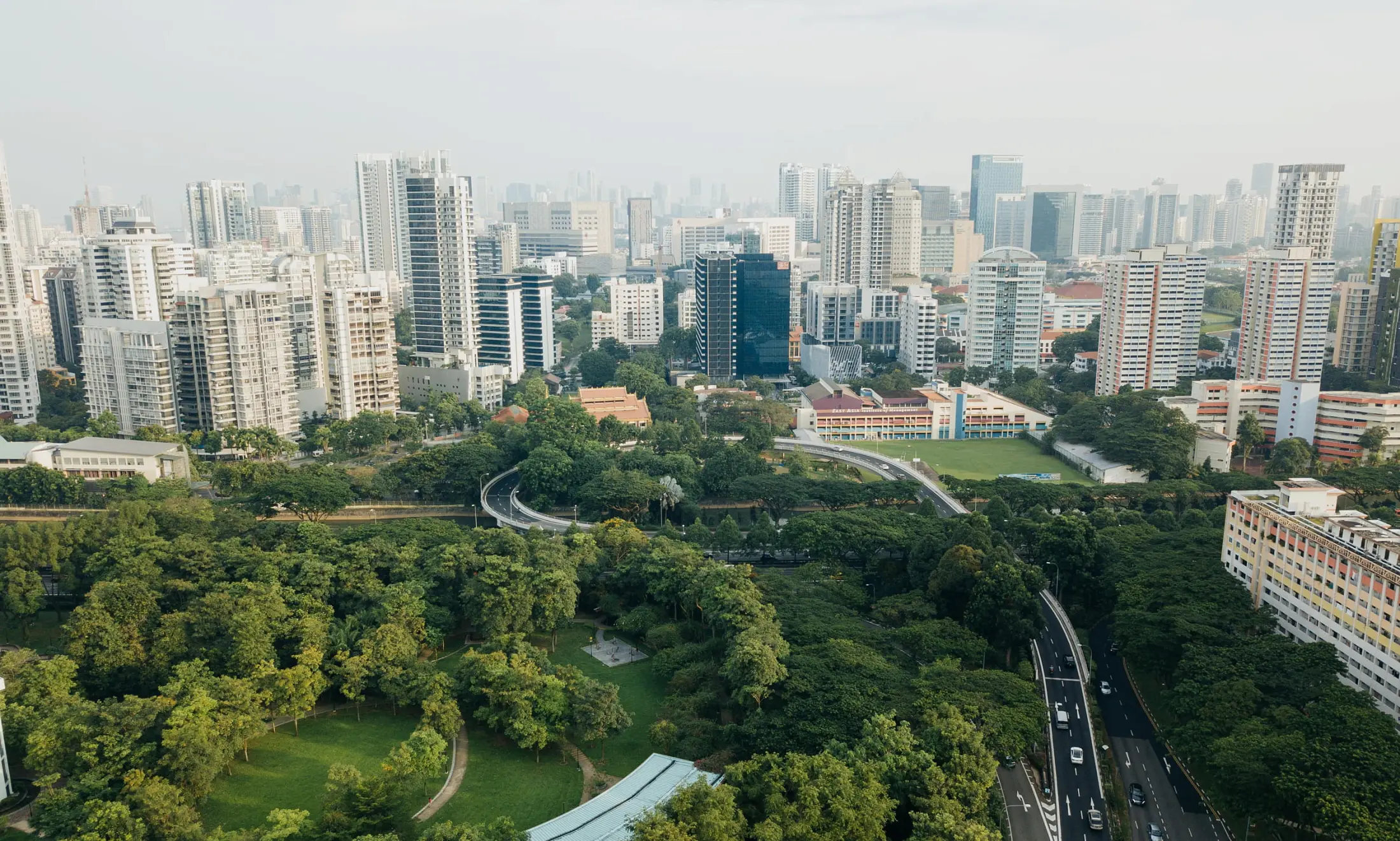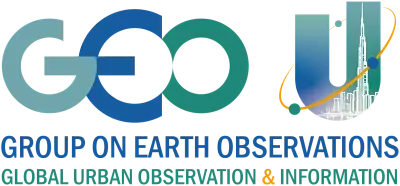The Challenge
Without proper engagement and coordination with cities, Sustainable Development Goal (SDG) targets, especially for SDG 11, will not be fully achieved. The availability and comparability of data for urban areas across different countries pose significant challenges, hindering effective urban monitoring and assessment.
The Solution
Global Urban Observation and Information (GUOI) aims to develop satellite-based essential urban variables and indicators, provide datasets and information to relevant urban users, and support the United Nations' SDG Goal 11 of making cities inclusive, safe, resilient, and sustainable.
- Satellite-based urban variables and indicators that support UN SDG 11
- Establish the Global Institute of Sustainable Cities (GISC) to explore the use of Earth Observation (EO) as a technology for sustainable urban development and to support GEO's objectives on urban and coastal resilience.
- Expand the Megacities Observation and Monitoring (MOM) program, which builds upon the Global Urban Supersites Initiative under GEO SB-04 and GI-17. This initiative provides data sets for municipalities worldwide.
- Continue generating Global Urban Footprints Layers at various international and national levels
- Implement a Virtual Global Urban Remote Sensing Laboratory through collaborative projects. The primary objective is to develop an online tool for acquiring, processing, visualizing, and sharing urban data sets.
- Maintain joint projects on Impervious Surface Mapping in Tropical and Subtropical Cities (ISMiTSC) in Asia, Africa, and South America.
- Organize the Annual GEO Global Urban Observation Symposium.
- Create an annual International Summer School, in conjunction with Joint Field Work in Selected Cities/Regions during a GEO event, to provide training and education to students and young researchers worldwide.




